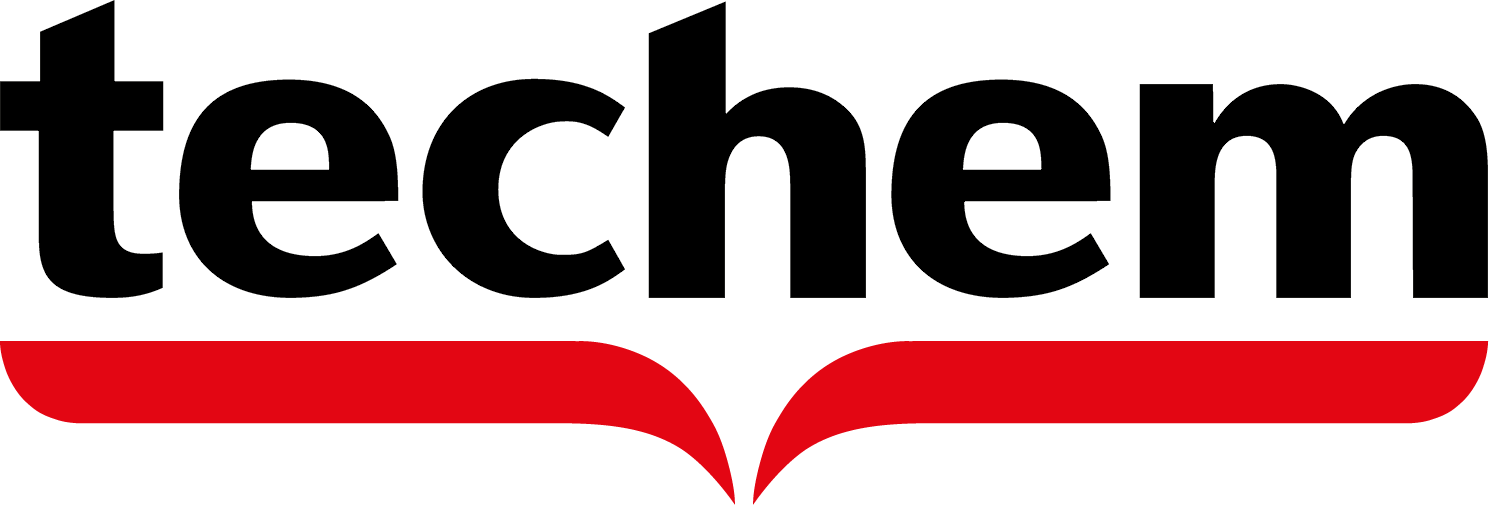Techem survey reveals lack of knowledge about energy performance certificates
press release - 03.09.2025
- Private landlords in particular are not sufficiently informed about current legal obligations
- Failure to comply with legal requirements can result in heavy fines
- Dynamic market due to strong competition
Eschborn, September 3, 2025. A recent market survey by Techem reveals significant lack of information about energy performance certificates.
While business customers are comparatively well informed (87% of respondents said they felt well or very well informed), there is a serious need for clarification, particularly among private landlords, especially with regard to the legal framework and changes in legislation.
The survey conducted by the energy service provider makes it clear that the majority of private landlords (57%) would like more information about how often an energy performance certificate must be renewed (56%), when exactly it is required (55%), what documents are necessary for its creation (53%), and how legal changes will affect them (52%). In addition, many are unclear about the consequences of not having a certificate, the usual costs of issuing one, or the different types of energy performance certificates.
Landlords face heavy fines if they do not have the correct energy performance certificate
The energy performance certificate can be issued as a consumption or demand certificate. The consumption certificate is based on the actual energy consumption of the residents over a period of three years and is relatively easy to create, as it is based on existing data. The demand certificate, on the other hand, is created on the basis of a detailed analysis of the building fabric, the heating system, and other factors. It provides information about the theoretical energy demand of the building, regardless of user behavior. Although the demand certificate is more complex to produce, it offers a more objective assessment of the building's energy status. If landlords do not comply with the legally required certification obligations, they may face heavy fines of up to €10,000 – even if they were unaware of the requirements.
Changes under the Building Energy Act (GEG): New rules for energy performance certificates have been in effect since 2021.
It is notable that the majority of private landlords are not sufficiently informed about current legal developments—in particular, about changes that came into effect in May 2021 based on the Building Energy Act (GEG). As a result, the requirements for data collection for energy performance certificates have been tightened, the documentation requirements have been specified, and in certain cases, photographic documentation of the building has become mandatory. The aim was to improve the accuracy of the information provided and to document the actual condition of the building more precisely. Since then, standard values may only be used under certain conditions in order to ensure the quality and informative value of the energy performance certificate.
“The energy performance certificate plays a key role in the context of the energy transition. It enables the energy status of a property to be presented transparently and allows potential for renovations and energy efficiency measures to be identified. This can not only increase the value of the property, but also encourage measures to be taken that can reduce operating costs in the long term,” comments Nicolai Kuß, CSO of Techem.
Dynamic market environment due to strong competition and high willingness to switch
Disclosing energy requirements creates incentives for investment in energy-efficient technologies and promotes awareness of the sustainable use of resources. The market for the issuance of energy performance certificates is characterized by a large number of providers from various industries, including metering service providers, energy consultants, energy service providers, and online providers. The high level of competitive pressure, combined with a high willingness to switch providers on the part of landlords—69% of private landlords were very open to switching providers, while this figure was as high as 84% among business customers—creates a highly competitive, dynamic market environment.
“The results of our survey have made it clear that landlords urgently need reliable information and a higher degree of transparency in order to meet their legal obligations regarding energy performance certificates,” emphasizes Nicolai Kuß. "At Techem, we offer comprehensive information and advice to both commercial landlords and property managers as well as private landlords. For example, a consumption-based energy performance certificate can be created quickly and easily directly via our online portal."
Image information: Techem survey reveals a lack of knowledge about energy performance certificates (image source: Techem).
About the survey
This survey was conducted online in May 2025. A total of 454 private landlords and 79 business customers (commercial landlords and property managers) were surveyed. The quantitative survey focused on the level of information, the need for information as well as behavior during use and when changing providers. The populations of the two target groups were defined on the basis of specific criteria.
About Techem
Techem is a leading service provider for smart and sustainable buildings. The company's services cover the topics of energy management and resource conservation, healthy living and process efficiency in properties. Founded in 1952, Techem is now active in 18 countries with over 4,300 employees and services more than 13.7 million dwellings. Techem offers efficiency improvements along the entire value chain of heat and water in real estate and regenerative supply concepts and solutions. As the market leader in remote radio detection of energy consumption in homes, Techem continues to drive networking and digital processes in real estate. Modern multi sensor devices, radio smoke detectors with remote inspection, metering point operation, charging infrastructure for electromobility and services related to improving drinking water quality in properties complement the solution portfolio for the housing as well as the commercial real estate industry. Further information can be found at https://www.techem.com or follow us on LinkedIn.
